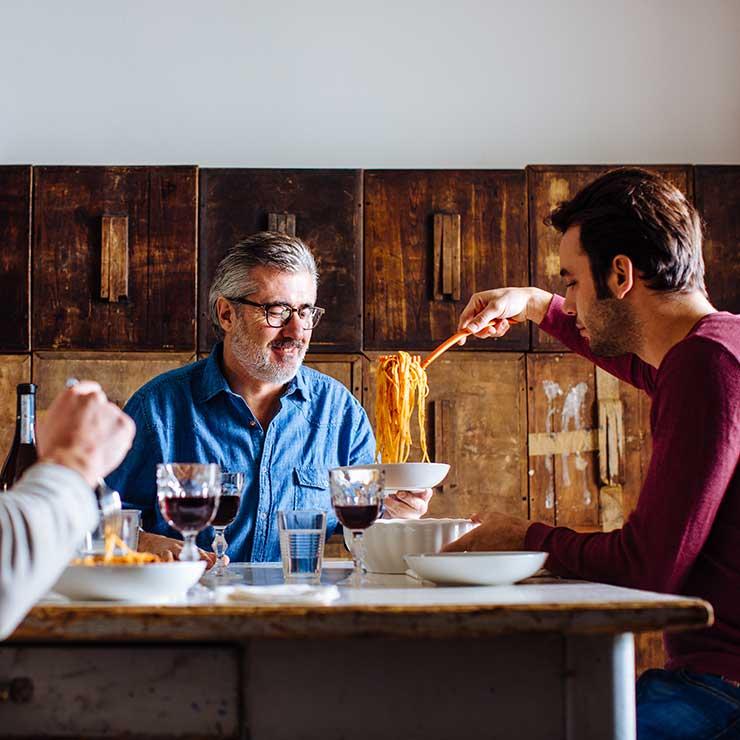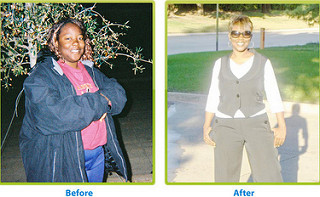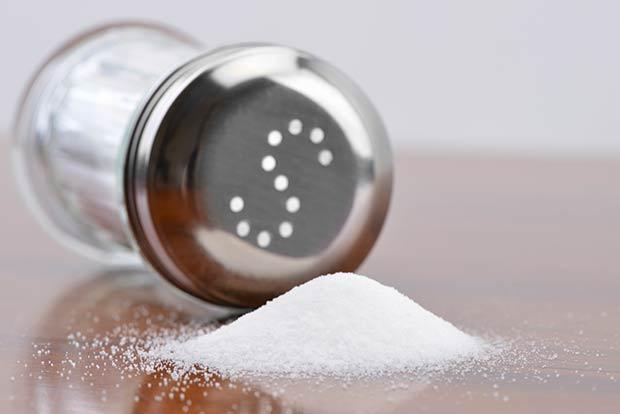As it turns out, none of the meals or recipes—whether store-bought or from a celebrity cook—met the nutritional criteria. Even more surprising? Study authors discovered that many of the pre-packaged meals were actually healthier than recipes from chefs.
More from Prevention: 10 "Health" Foods That Aren't
“The study makes an important point,” says Ashley Koff, RD, author of Mom Energy: A Simple Plan To Live Fully Charged. “Just because a cookbook is a bestseller or the chef has a TV show—that doesn’t mean you’re going to get optimal nutrition from those recipes.”
Koff advises that you use your favorite chef’s ideas as a starting point, but says that if you want to zero in on nutrition, you’ll need to make some modifications. Here are a few basic guidelines:
Watch the salt Many recipes call for a teaspoon or more, when all you really need is a pinch, Koff says. And keep in mind that lots of ingredients—such as cottage cheese or canned vegetables—contain loads of sodium, so you’re better off waiting until you’ve tried the recipe before adding any salt at all.
Beware of vegan carb traps Many vegan recipes are filled with carbohydrate-heavy beans, whole grains, and starchy vegetables, Koff explains. “Those are all healthy foods, but you probably don’t want more than 15 to 30 grams of carbs per meal, especially if you’re diabetic.” She recommends subbing in some non-starchy veggies for starchier options like potatoes or corn. (Check out these 13 Diabetes-Friendly Meals for a few ideas.)
Half now, half later Avoid overindulging in rich recipes by halving the portions suggested in cookbooks, Koff recommends. Pair the portion with a large, healthy salad and you’ve got two healthier meals instead of one that's lacking in nutritional heft.
Questions? Comments? Contact Prevention's News Team!




